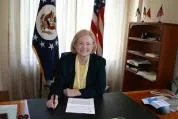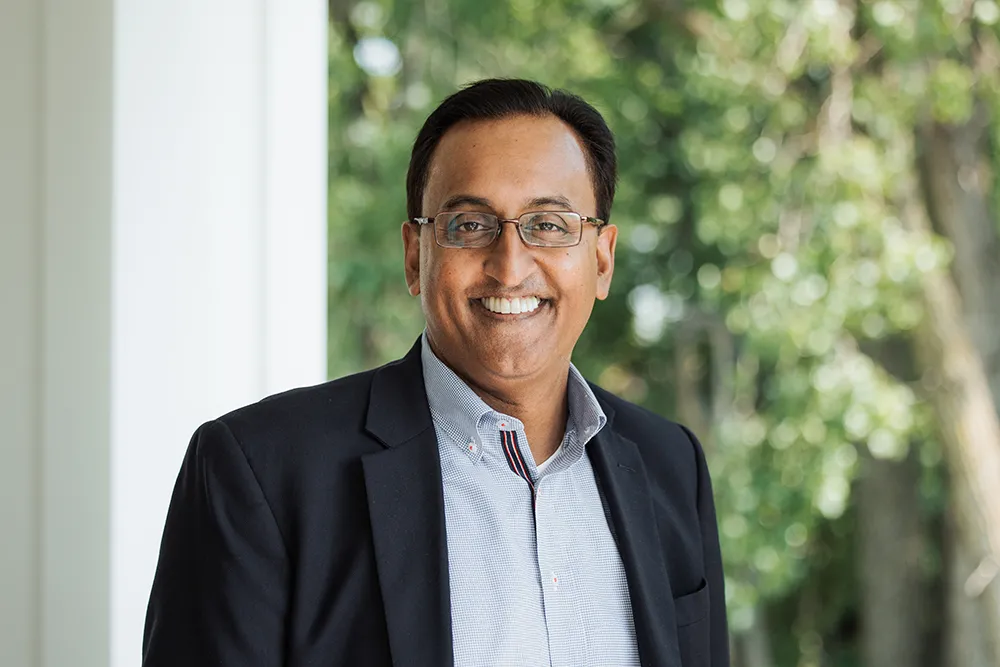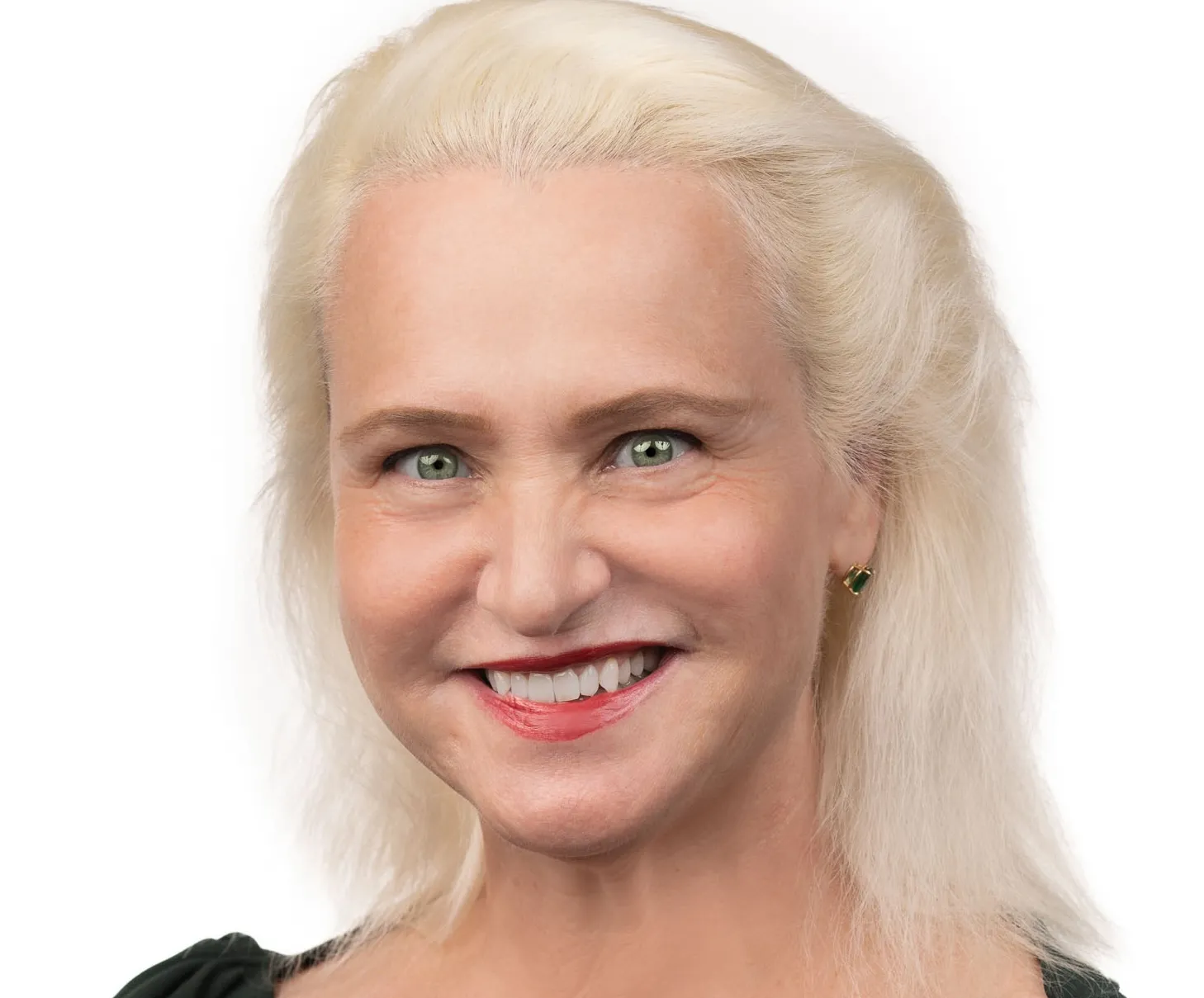Mary Ann Glendon, '61: High-Level Diplomacy

On February 29 of this year, Mary Ann Glendon, ’61 JD, ’63 MCL, presented her credentials to Pope Benedict XVI and took her place as Ambassador Extraordinary and Plenipotentiary of the United States to the Holy See.
The ambassadorship extends her lengthy, influential, and historic relationship with the Vatican. In 1995, she became the first woman ever to head a major Vatican delegation when Pope John Paul II appointed her to lead the Vatican delegation to the United Nations Conference on Women in Beijing. A year before that, John Paul selected her for membership in the newly formed Pontifical Academy of Social Science, which Glendon describes as “a kind of think tank to help the Catholic Church keep abreast of developments in economics, law, political science, and sociology”; ten years later, in 2004, she became president of that academy, making her the highest-ranking female advisor to the Holy See. The group produced a white paper on the ethical dilemmas posed by declining birthrates and greater longevity, about which Glendon notes, “I am particularly pleased that our research in that area has been well-received by policy makers in several countries.”
Glendon, who is currently on leave from the professorial post she has held at Harvard Law School since 1986, has written ten books, the most recent of which is A World Made New: Eleanor Roosevelt and the Universal Declaration of Human Rights. An Italian edition of her 2006 collection of essays, Traditions in Turmoil, won first prize in the annual Capri book awards this year. That book surveys developments in human rights, comparative law, constitutional law, and legal theory.
Early in her career she coauthored The Law of Decedent’s Estates with her former University of Chicago Law School professor Max Rheinstein, of whom she says, “Hardly a day goes by when I do not recall with gratitude all that I owe to the great Max Rheinstein. From Rheinstein I acquired an abiding curiosity about how other legal systems handle problems with which we in the U.S. are struggling, and a fascination with the relations among law, behavior, and ideas.”
Between 2001 and 2007 she served two terms as an appointee of George Bush to the President’s Council on Bioethics. She views the Council as playing a particularly important societal role, observing, “New developments in science and technology are occurring with such speed that they have outpaced reflection on their social, political, and moral implications. The remarkable reports issued by the Council under the leadership of University of Chicago professor Leon Kass are, in my view, models of how people with differing religious and political views can collaborate constructively to clarify what is really at stake in controversies over embryonic stem cell research, cloning, new reproductive technologies, and end-of-life care, among other things.”
Glendon reports that her time as ambassador has occurred during “an unusually eventful year,” which has seen both a visit by Pope Benedict XVI to the White House and a visit to the Vatican by President Bush. “In addition to helping with the arrangements for those meetings,” she says, “our embassy is celebrating twenty-five years of formal diplomatic relations between the US and the Holy See with a series of conferences to commemorate the sixtieth anniversary of the Universal Declaration of Human Rights.”


